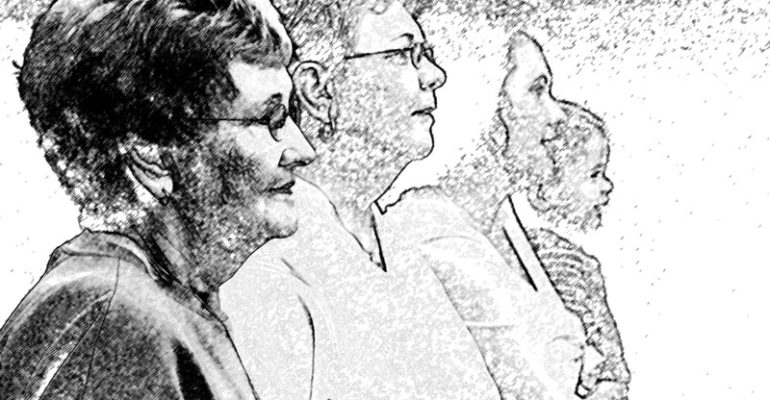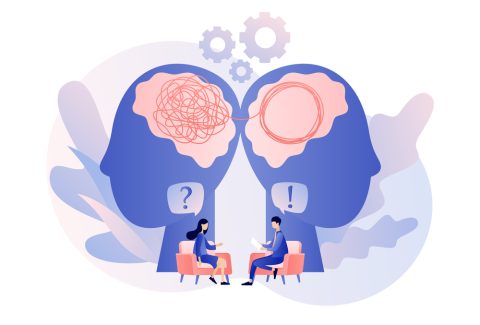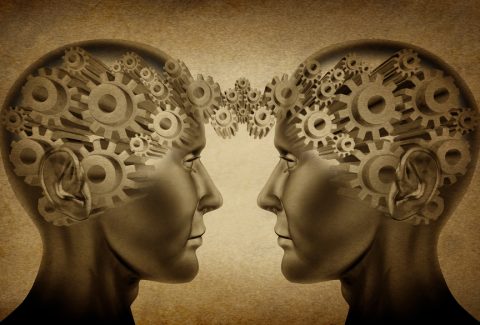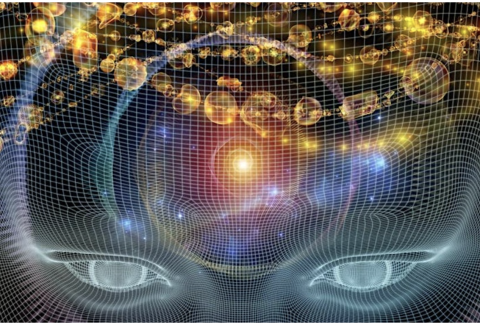Transgenerational Patterns and the Healing Power of Connection
Introduction
In the intricate dance of family dynamics, there exists a profound tapestry woven across generations – a tapestry that holds both the echoes of triumphs and the whispers of challenges. This article delves into the exploration of transgenerational patterns, unraveling the threads of familial history, and illuminating the transformative journey of intergenerational healing.
Transgenerational Patterns: The Invisible Hand of Family History
At the core of family therapy lies the recognition that families carry with them a rich tapestry of transgenerational patterns – behavioral, emotional, and relational legacies passed down through the generations. These patterns, often invisible but deeply influential, shape the lens through which individuals perceive and navigate the world. Family therapists work as skilled detectives, uncovering the hidden scripts that guide family interactions.[1]
Understanding the Legacy: Tracing Behavioral Echoes Through Time
Transgenerational patterns manifest in various forms – from communication styles to coping mechanisms, and from relational dynamics to ways of expressing emotions.[2] By understanding the legacy embedded in these patterns, family therapists help individuals gain insight into why certain behaviors persist and how they may be rooted in historical family experiences. The exploration becomes a journey back in time, a narrative unfolding across generations.
Intergenerational Transmission: Passing the Torch of Resilience and Struggle
Transgenerational patterns encompass both strengths and challenges. Families often transmit resilience, coping strategies, and cultural traditions across generations. However, they may also pass on unresolved trauma, unspoken narratives, and patterns of dysfunction. Intergenerational transmission involves recognizing and understanding this dual nature, enabling individuals to consciously choose which aspects of the family legacy they want to carry forward and which to transform.[3]
The Healing Power of Connection: Intergenerational Healing Unveiled
Intergenerational healing emerges as a beacon of hope within the landscape of family therapy. By acknowledging and addressing transgenerational patterns, individuals and families can initiate a transformative journey toward healing. Therapists guide this process by fostering open communication, creating a safe space for reflection, and encouraging individuals to rewrite their family narrative. Healing, in this context, is not just an individual endeavor but a collective, intergenerational act.[4]
Breaking the Chains: Strategies for Intergenerational Transformation
Breaking free from detrimental transgenerational patterns requires intentional effort and a commitment to change. Family therapists employ various strategies to facilitate this transformation:
- Narrative Reconstruction[5]: Individuals rewrite their personal and family narratives, reframing experiences and embracing a narrative of resilience and growth.
- Family Sculpting: A visual technique where family members physically arrange themselves to represent their roles and relationships, providing a tangible way to explore and shift dynamics.[6]
- Rituals and Ceremonies: Creating intentional rituals[7] or ceremonies within the family context can symbolize the commitment to breaking harmful patterns and fostering healing.
- Genogram Exploration: Visualizing family history through genograms helps individuals and therapists identify patterns, facilitating understanding and targeted interventions.[8]
Conclusion: Orchestrating Resilience Across Time
As family therapists guide individuals through the unveiling of transgenerational patterns and the journey of intergenerational healing, a powerful orchestration of resilience unfolds. Families, once bound by invisible threads of struggle, gain the tools to rewrite their narrative and cultivate a legacy of strength, connection, and healing. The echoes of generations transform into a harmonious melody of transformation, resonating through time and offering the promise of a more resilient, connected, and consciously crafted family narrative. In the realm of family therapy, the power to heal spans generations, creating a legacy that transcends the constraints of the past.
[1] Lee, Wai‐Yung. “Working transgenerationally: a clinical discussion on family dynamics and treatment.” Journal of Family Therapy 42.4 (2020): 499-517.
[2] Ramisch, Julie, and Thorana S. Nelson. “Transgenerational family therapies.” An introduction to marriage and family therapy. Routledge, 2014. 319-356.
[3] Fossion, Pierre, et al. “Transgenerational transmission of trauma in families of Holocaust survivors: The consequences of extreme family functioning on resilience, sense of coherence, anxiety and depression.” Journal of affective disorders 171 (2015): 48-53.
[4] Drexler, Katharina. “Healing Inherited Wounds: Transgenerational Trauma Therapy.” Women’s Health and Pandemic Crisis. Cham: Springer Nature Switzerland, 2023. 95-106.
[5] De Haene, Lucia, et al. “Stories of trauma in family therapy with refugees: Supporting safe relational spaces of narration and silence.” Clinical child psychology and psychiatry 23.2 (2018): 258-278.
[6] Katafiasz, Heather. “Training the Multigenerational Family Therapist.” Couple, Marriage, and Family Therapy Supervision (2015): 199.
[7] WELCH-MORING, S. O. N. Y. A. “Ancestral Constellations.” Therapy in Colour: Intersectional, Anti-Racist and Intercultural Approaches by Therapists of Colour (2023): 281.
[8] Goodman, Rachael D. “The transgenerational trauma and resilience genogram.” Counselling Psychology Quarterly 26.3-4 (2013): 386-405.
[9] Braverman, Lois. “Ackerman Institute for the Family.” Encyclopedia of Couple and Family Therapy (2019): 20-23.
[10] Popovic, M. A. J. A. “Bowen family systems theory.” Marriage and family therapy: A practice-oriented approach (2019): 43-69.
[11] Reiter, Michael D. “Salvador Minuchin, MD: Innovator and Challenger.” Journal of Systemic Therapies 36.4 (2017): 16-22.
[12] Whitaker, Carl A. “The dynamics of the American family as deduced from 20 years of family therapy: The family unconscious.” Evolution Of Psychotherapy. Routledge, 2015. 75-90.







